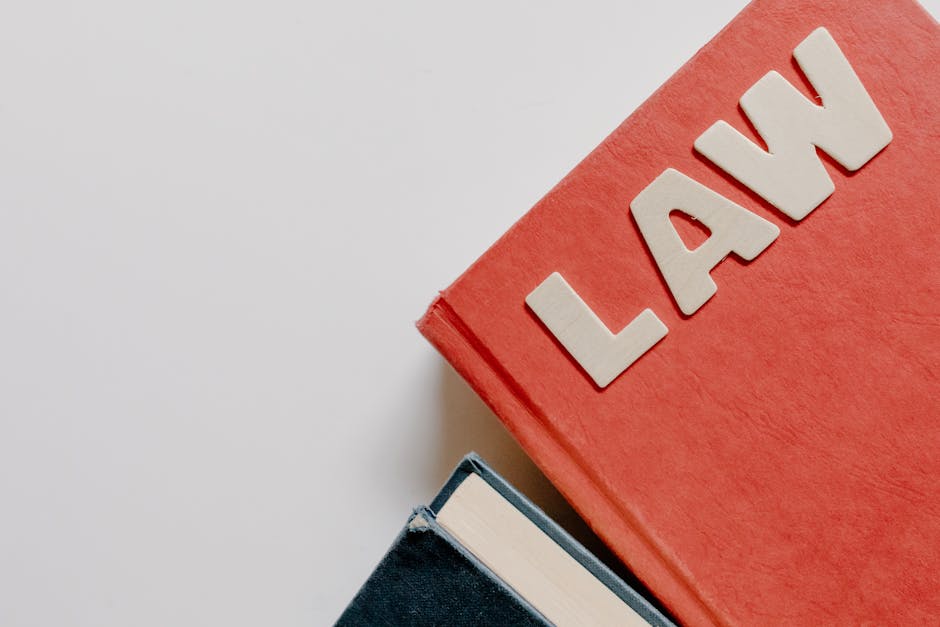The aspiration of a just society often hinges on a robust and accessible legal system. This system, designed to protect rights, resolve disputes, and uphold the rule of law, should be available to all members of society, regardless of their socioeconomic background, geographical location, or personal circumstances. Yet, a critical examination reveals a reality far removed from this ideal. This article delves into the multifaceted challenges surrounding legal accessibility, exploring the barriers that prevent individuals from effectively participating in the legal process.
A fundamental facet of a just legal system is its ability to overcome barriers to entry. This means ensuring that those who need legal assistance have access to resources, information, and representation. A significant hurdle lies in the high cost of legal services. While legal aid organizations and pro bono initiatives exist, they often struggle to meet the overwhelming demand. The complexity of legal procedures, coupled with the specialized knowledge required, further compounds the difficulty. Navigating the labyrinthine court systems, comprehending legal jargon, and understanding procedural requirements can be daunting tasks for those without legal expertise.
Further hindering access is the geographical disparity in legal services. Rural communities often lack adequate legal representation, leading to significant disparities in the quality of justice received. The distance to courthouses, the shortage of legal professionals in remote areas, and the expense of travel contribute to this inequitable distribution of legal resources. Individuals residing in these areas might find themselves facing considerable obstacles, potentially preventing them from fully engaging with the legal system to pursue their claims or defend their rights.
Furthermore, systemic factors, such as the language barrier, further restrict access. Many legal documents and proceedings are conducted in a single language, making it challenging for individuals who do not speak that language to comprehend the legal complexities and adequately represent their interests. Cultural and linguistic differences can lead to a profound disconnect between the legal process and the needs of certain communities. This lack of translation and interpretation services can result in a lack of understanding of legal rights and obligations, thus perpetuating the cycle of inequality.
The burden of proof and the intricacies of litigation add another layer of complexity to the equation. Individuals facing legal issues may lack the resources to present their case effectively. This is further exacerbated when they are navigating a system often designed for those with greater financial and social capital. This disparity in resources highlights the inherent inequality within the system and underscores the need for measures aimed at leveling the playing field. Strategies to address these issues are crucial, ranging from providing legal aid to facilitating language support and cultural sensitivity training among legal professionals.
Beyond financial and geographical limitations, socio-economic status also plays a crucial role. Individuals facing poverty or social marginalization may face implicit biases within the legal system, potentially impacting their treatment and outcomes. Their voices might be stifled, and their concerns might be overlooked due to systemic biases or a lack of understanding of their specific circumstances. Addressing these subtle yet pervasive inequities is paramount in achieving a truly accessible legal system.
In conclusion, legal access is not simply a matter of providing resources; it necessitates a holistic approach that addresses the systemic inequalities that prevent individuals from exercising their legal rights. The question of accessibility cannot be confined to a singular aspect like financial resources but encompasses a wide spectrum of factors. It requires a deep dive into the multifaceted nature of the issue, identifying and addressing the distinct obstacles faced by different segments of society.
Solutions require a multi-pronged strategy, including:
* Increased Funding for Legal Aid: Strengthening legal aid programs and expanding their reach into underserved communities is vital.
* Expansion of Pro Bono Services: Encouraging lawyers to dedicate a portion of their time to pro bono work is essential in augmenting the support available.
* Accessibility Measures for Language Barriers: Providing translation and interpretation services is critical for individuals whose primary language differs from that of the legal proceedings.
* Training and Awareness Programs: Educating legal professionals on cultural sensitivity, language barriers, and the specific needs of various communities is imperative.
* Technological Advancements: Exploring digital solutions, including online legal resources and self-help guides, can bridge access gaps for those in underserved areas.
Ultimately, a truly equitable legal system necessitates ongoing evaluation and adaptation. The pursuit of a system accessible to everyone demands a constant awareness of the social, cultural, and economic factors that perpetuate inequality. This commitment to ongoing improvement and inclusivity is essential in ensuring that justice is not just a concept but a tangible reality for all. Only then can a nation truly claim to uphold the rule of law for all.
